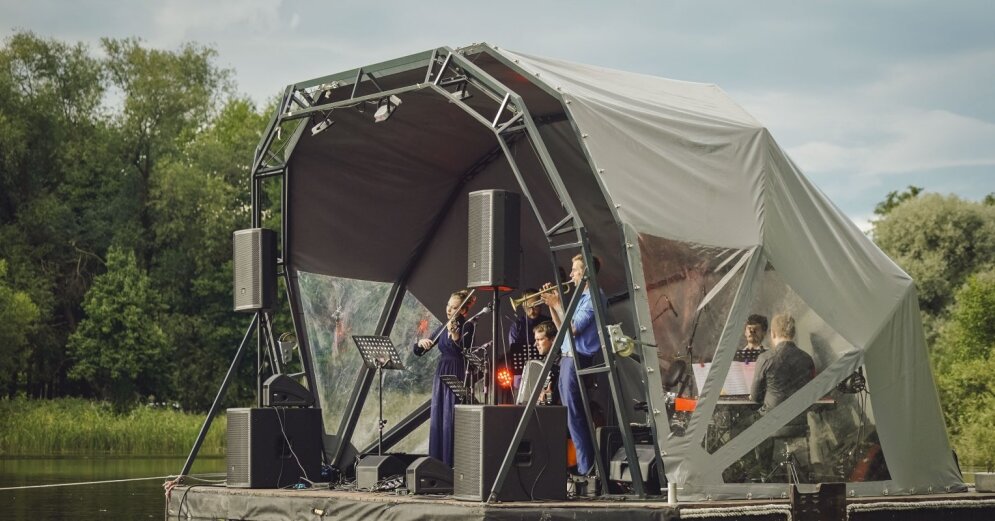Content will continue after the ad
Advertising
–
The event was performed by an association of professional musicians: accordionist Artūrs Noviks, violinist Annija Endija Kolerta, trumpet player Jānis Ivuškāns, keyboardist Ritvars Garoza, double bassist Mārtiņš Zālīte and percussionist Pauls Ķierpe. The concert featured Argentine temperamental music and instrumental compositions by Astor Piacolla and other authors.
Astor Piacolla is a world-famous tango composer and bandoneonist. In Argentina, where the musician was born and always returned, Piacola is called El Gran Ástor – the Great Astor or the Great Astor. If this author’s greatest contribution to the history of Tango music could be marked, then it was the ability to literally pull this genre out of the poorest and harshest of life experiences, making it no longer not only danceable, but also a self-playing and audible music genre.
The organizers recall that at the end of the 19th century, musicians played tango songs in public houses and on the streets of the poor quarters of Buenos Aires, where immigrants from Italy, France, Spain, Poland and other countries escaped simple sadness and nostalgia. But from the very beginning, tango was quite a masculine occupation. Due to the lack of women, the men trained in tango steps with each other and sometimes held dance dances on the streets. At the beginning of the 20th century, the first tango clubs, studios and tango quartets appeared. Around 1910, Argentine tango conquered Paris, and gradually tango, formerly considered a lewd and openly provocative dance, began to transform and gain popularity in the bourgeoisie.
–
–
The content of the publication or any part of it is a protected copyright object within the meaning of the Copyright Law, and its use without the permission of the publisher is prohibited. Read more here. –


